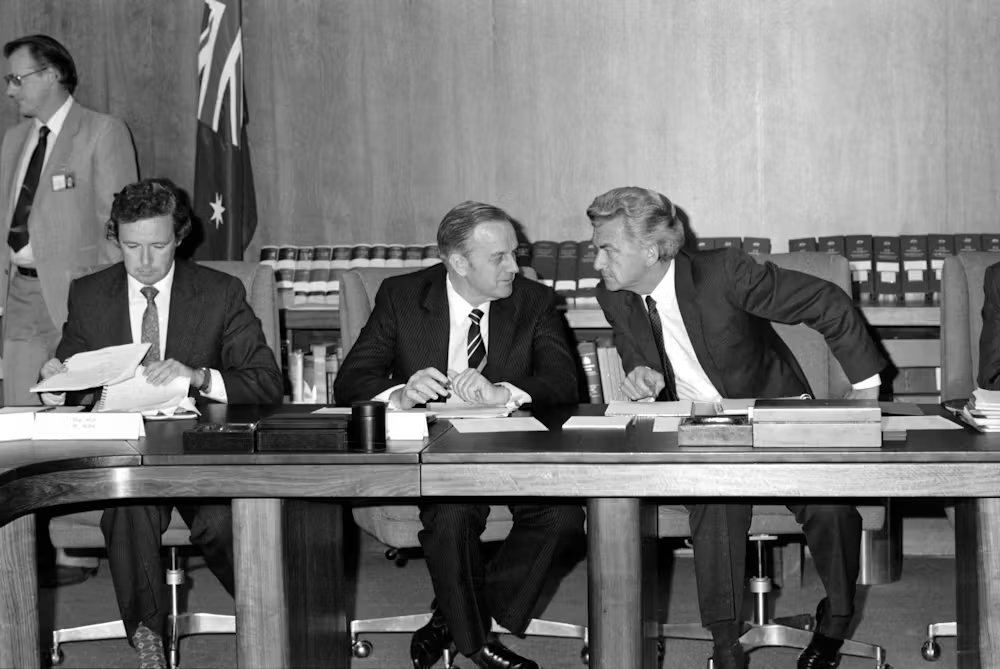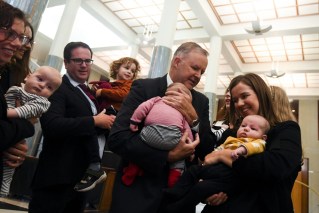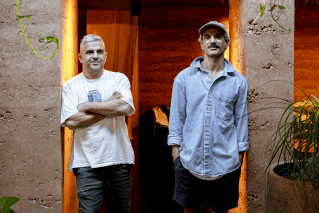Surely Cairns’ sister city agreement with Riga isn’t really a risk to national security?
Every state government, local council and university in Australia now has to get approval for their international agreements. What’s the point? asks Robert MacDonald


Cairns' sister city Riga, the capital city of Latvia
Could Cairns’ sister city agreement with the Latvian city of Riga be a national security risk?
Or what about the Sunshine Coast’s Regional Council’s agreement with New Caledonia’s second-largest township, Mont Dore?
You’d have to assume not but we don’t actually know for sure. The Federal Government hasn’t made a ruling.
These are just two of the 1348 state-level agreements listed on the Commonwealth’s new public register of international agreements launched in March this year.
New Commonwealth laws require state governments, universities and local councils to submit all of their international agreements to the Department of Foreign Affairs and Trade for final approval.
The Federal Government insists its new rules, passed by Parliament late last year during the latest bout of concern about Chinese influence in Australia, are not aimed at “any specific country” or “particular type of arrangement”.
To maintain this semblance of being “country agnostic” the Federal Government now insists that all state-level international agreements be registered – from state-to-state science cooperation agreements with China to the Sunshine Coast’s show of fraternity with Mont Dore (population, 27,000).
Although the Government claims it isn’t targeting China in particular, you can see why it might have decided to keep any eye on what the states were up to.
More than half of the agreements on the list – 729 in total – are with Chinese organisations, from the Beijing Film Academy and science academies to various regional governments, universities and cities.
More than half of Queensland’s 245 international agreements – 130 – are also with Chinese signatories.
And this would appear to be only part of a bigger picture. I know of several Queensland Government agreements that aren’t yet on the register.
The State Government has long boasted about being the only state worldwide to have a jointly funded program with the Chinese Academy of Sciences, signed back in 2009.
That’s not on the list. Neither is Queensland’s long-standing memorandum of understanding with Papua New Guinea to cooperate in 14 priority areas – from business relations and sport to tourism, education and agriculture.
It was first signed by Premier Wayne Goss in 1992 and renewed by Premier Annastacia Palaszczuk in 2018.
Palaszczuk also signed a sister-state relationship in 2018 with the US state of Nevada to “encourage joint cooperation across vital industries such as mining, renewable energy, tourism, water management, higher education, and innovation and technology”.
That’s not logged on the register either. But state governments and councils were given six months, which ran out on Friday, to register their various international agreements. Universities were given more time again.
So presumably the current list will keep growing as an unknown number of public servants assigned to this new task catch up with their workflow.
Which raises a big question: having collected all this information, what is the Federal Government actually going to do with it?
The Government’s argument – specific concerns about China aside – was that for far too long, the states had been signing international agreements considering only state, rather than national, interests.
And that, according to the second-reading speech by then-Attorney General Christian Porter, meant that, “there is a very real and significant risk that arrangements may be entered into that are inconsistent with, and in some cases may even undermine, Australia’s broader foreign policy objectives”.
But having now rounded up a long list of state-based international agreements, the Federal Government doesn’t seem to have done a lot with it.
To date, Foreign Affairs Minister Marise Payne has cancelled only four international agreements – all of them signed by the Victorian Government.
Two were to do with China’s contentious Belt and Road initiative, which would have encouraged Chinese investment in Victorian infrastructure.
The others were education and training agreements between Victoria and Iran and Syria.
Now that the Federal Government has killed off Victoria’s Belt and Road agreement with China, which seems to have been the real point of this whole exercise, the question remains, what happens next?
Is the Government really going to sift through the long and presumably growing list of state-level international agreements looking for threats to our nation?
Surely there’s not someone on DFAT’s Pacific desk assessing whether New Caledonia’s Mont Dore is up to no good, or that the Baltic States specialist isn’t casting a sceptical eye over Cairns’ cosy relationship with Riga?
For what it’s worth, I’ve done some research.
The Sunshine Coast Regional Council signed its sister city agreement with Mont Dore in 2006. It has three other such agreements, with Xiamen in China, Tatebayashi in Japan and Fenland, in England.
The last public reference to the agreement I could find was that in 2016 the council budgeted $10,000 “for civic functions and gifts and official visits” with its sister cities.
And the only recent news I could discover about Cairns’ agreement with Riga was the 2015 exchange of official gifts to mark the 25th anniversary of the signing and, in the following year, an exchange student’s visit to Latvia.
It no doubt makes sense for the Federal Government to watch closely what the states are doing internationally.
But as I scroll through the long list of agreements on the public register, two questions come to mind.
The first is how much public time and money is being spent on this particular exercise?
And the second is how many of these more than 1300 agreements and counting are actually more significant than the public announcement that would almost inevitably have accompanied their original signing?












